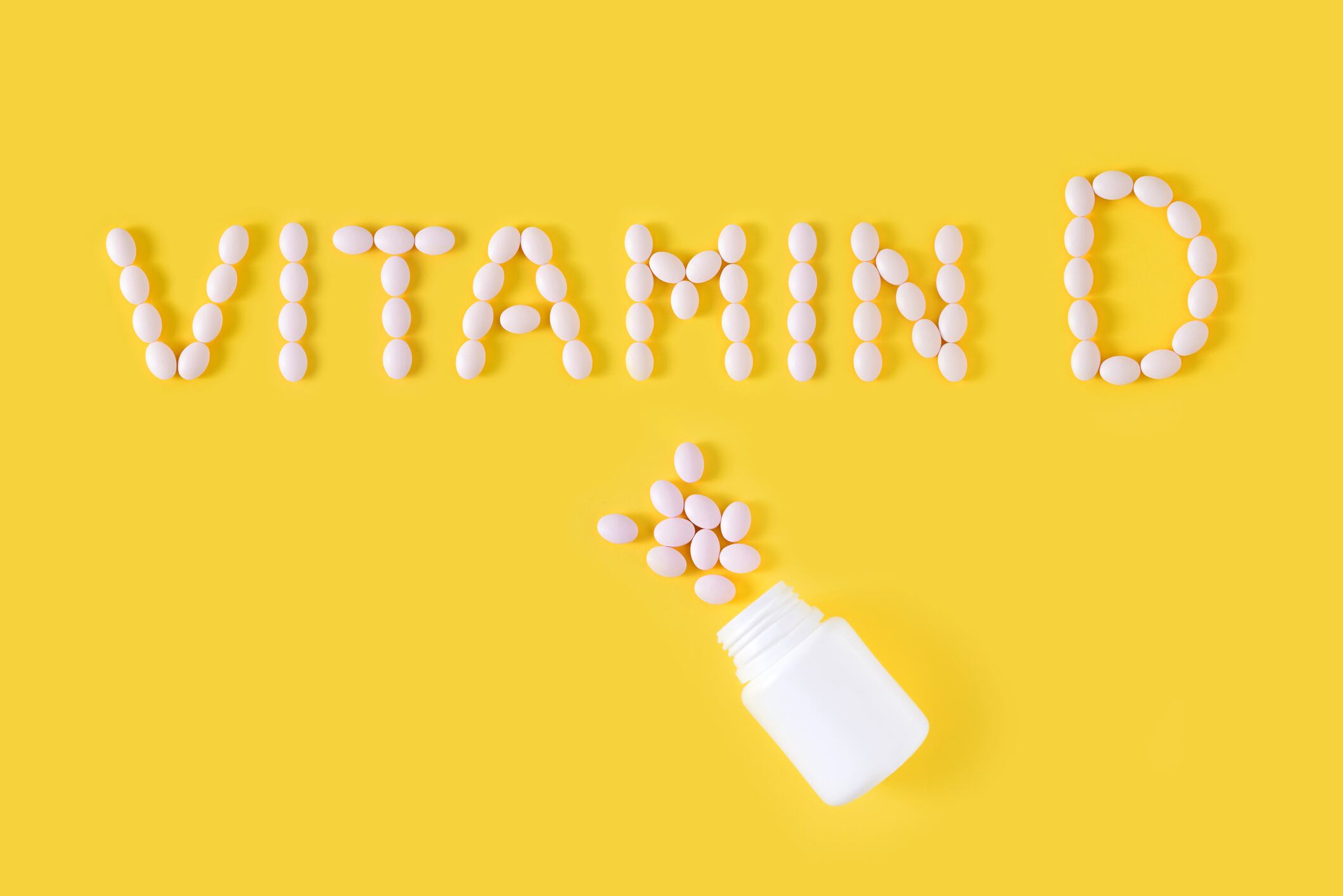In addition, it was observed that weekly vitamin D supplementation with a total intake of 600,000 IU over three months resulted in the greatest efficacy in improving 25(OH)D to above 75 nmol/L.
The Chinese researchers emphasise: “To date, there has been no integrated evidence comparing the efficacy of 25(OH)D levels between daily and intermittent vitamin D supplementation.”
“In conclusion, our analysis suggests that intermittent and daily vitamin D supplementation have similar efficacies in improving circulating 25(OH)D levels under equivalent cumulative dosage and duration.
“For achieving a sufficient 25(OH)D concentration, we recommend 60,000 IU monthly vitamin D supplementation due to its convenience and efficiency,” they assert.
Varying recommendations
Vitamin D deficiencies are widespread across the global population, following inadequate UVB sunlight exposure and intakes through dietary sources. Vitamin D is an essential nutrient for many different functions within the body, and thus, deficiencies can result in an array of health conditions such as CVDs, diabetes, and neurodegenerative diseases.
Circulating levels of 25(OH)D has been a long-established reliable indicator of vitamin D status, with deficiencies defined as levels below 50 nmol/L. Vitamin D supplementation represents a quick and convenient way to improve 25(OH)D levels to reduce risk of developing adverse associated outcomes.
However, there has been significant controversy regarding the frequencies and quantities required for supplementation. Previous studies have varied in researching daily and intermittent (daily or monthly) intakes of vitamin D, as well as high dosage supplementation. Further issues with regards to hypercalcemia associated with high intakes, as well as lack of compliance with daily guidance, represent significant challenges with supplementation.
Thus, the researchers aimed to investigate the effect of intermittent versus daily supplementation of vitamin D on improving serum 25(OH)D levels.
Study
The researchers conducted a meta-analysis by searching the databases of MEDLINE, EMBASE, and the Cochrane Library for relevant randomised controlled trials. Direct and indirect comparisons between interventions and controls were conducted using Bayesian network meta-analysis (NMA) to determine efficacy, calculating MD and 95% confidence intervals.
The analysis resulted in the inclusion of 116 RCTs with 11,376 participants, with the findings suggesting that 25(OH)D concentrations were significantly elevated regardless of frequency of vitamin D supplementation.
Whilst it was observed that daily supplementation resulted in higher rank values than intermittent supplementation with similar dosages, there was no statistically significant MD in 25(OH)D concentrations between the two groups.
Furthermore, weekly supplementation with 600,000 IU of total vitamin D supplementation over 3 months had the greatest efficacy in improving 25(OH)D levels to above 75 nmol/L.
It was concluded that to achieve optimal 25(OH)D levels, a total of 60,000 IU vitamin D supplementation is required monthly, equating to around 2,000 IU/day.
The researchers highlight that between-study heterogeneity existed in the trial due to varying intake quantities, implying the need for further trials using large sample sizes to confirm the findings.
Source: Frontiers in Nutrition
https://doi.org/10.3389/fnut.2023.1168115
“Efficacy of intermittent versus daily vitamin D supplementation on improving circulating 25(OH)D concentration: a Bayesian network meta-analysis of randomized controlled trials”
Yan Zhuang, Zhe Zhu, Peihan Chi, Haibo Zhou, Zhicheng Peng, Haoyue Cheng, Xing Xin, Wenliang Luo, Shuting Si, Minjia Mo, Danqing Chen, Hui Liu and Yunxian Yu

